Winter is here, and while it might bring the charm of cosy sweaters and steaming mugs of hot chocolate, it also ushers in a unique set of challenges for businesses. From frozen pipes to unexpected fires, the cold season has a way of testing the resilience of even the most prepared enterprises.
Whether you’re a trustee on a sectional title body corporate, a restaurant owner worried about customer comfort, a CFO crunching numbers, or a facilities manager keeping the wheels turning, preparation is key. Let’s explore some common winter challenges and how you can stay ahead of the frost.
Geyser Failures: A 30% Winter Surge
Winter puts your geysers under extra pressure—literally. The sharp difference between icy water entering and hot water leaving causes more wear and tear. Burst geysers, failing pipes, and faulty thermostats account for a 30% spike in geyser-related insurance claims during this season.
PRO TIP: Schedule routine maintenance with a qualified plumber every three years. Add a geyser blanket to improve efficiency and a drip tray to minimise damage if the worst happens.
Fire Hazards: Cosy Yet Risky
Heaters, fireplaces, and electric blankets are winter staples, but they also pose serious risks. Each year, winter sees a sharp rise in fire-related property claims, often caused by faulty or poorly maintained appliances.
PRO TIP: Keep heaters and fireplaces serviced and follow manufacturer guidelines. Equip your premises with fire extinguishers, smoke detectors, and a well-maintained fire sprinkler system—your insurance provider (and your conscience) will thank you.
Water Damage: The Pipe-Burst Problem
As temperatures dip, exposed pipes are prone to freezing and bursting, leading to costly water damage.
PRO TIP: Insulate vulnerable pipes and perform regular checks for leaks or weak spots. A little prevention goes a long way.
Preparation Strategies That Work
- Regular Maintenance: Don’t wait for disaster—schedule inspections for heating, plumbing, and electrical systems.
- Employee Training: Ensure staff know emergency procedures, from using fire extinguishers to safe evacuation protocols.
- Insurance Review: Work with a trusted broker to review your policies. Check that you’re covered for winter-specific risks like burst pipes, fire damage, and flooding.
- Business Continuity Planning: A robust continuity plan helps you stay operational during unforeseen winter disruptions.
Winter doesn’t have to mean downtime or disaster. By taking a proactive approach to maintenance, safety, and planning, you can keep your business running smoothly while enjoying all the perks of the colder months. After all, resilience is always in season.
